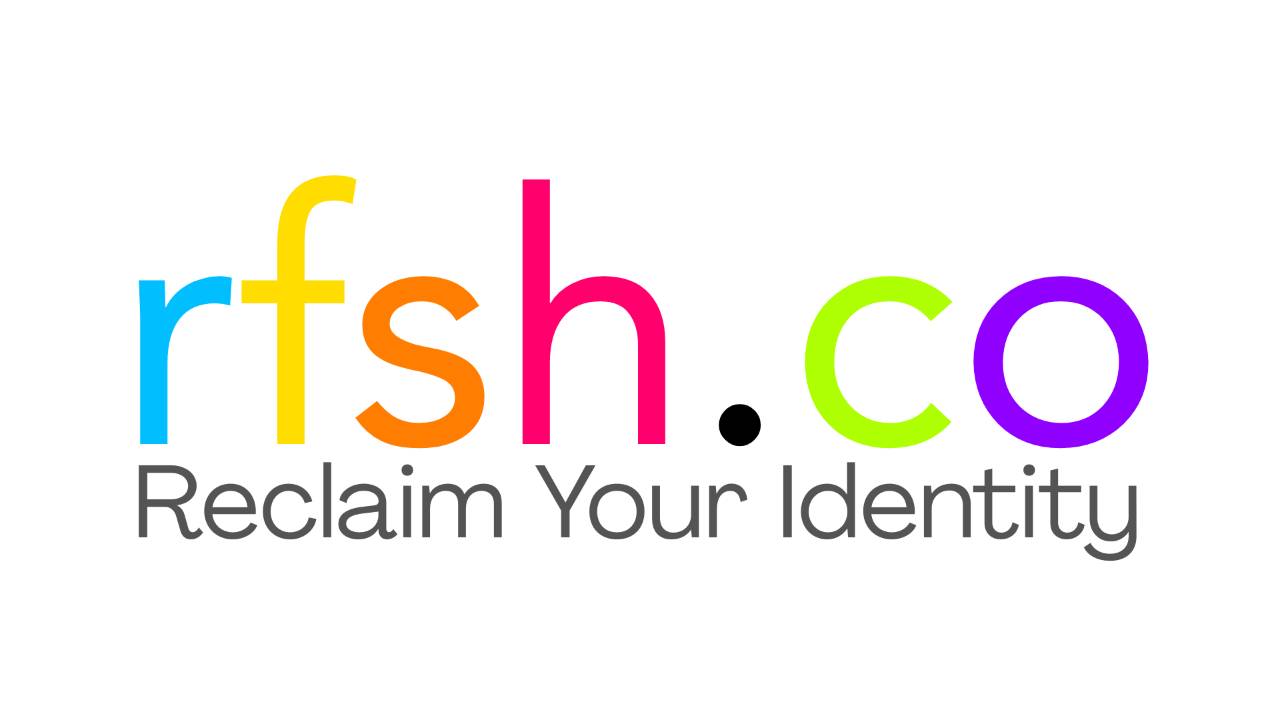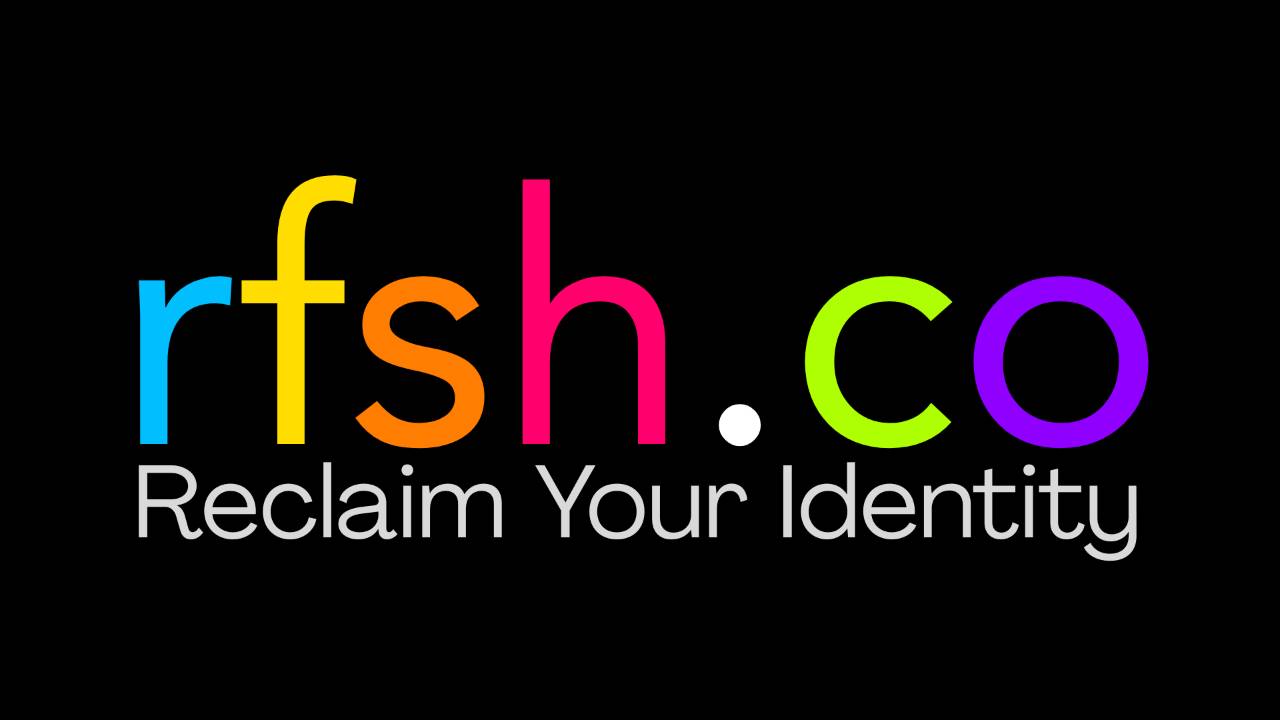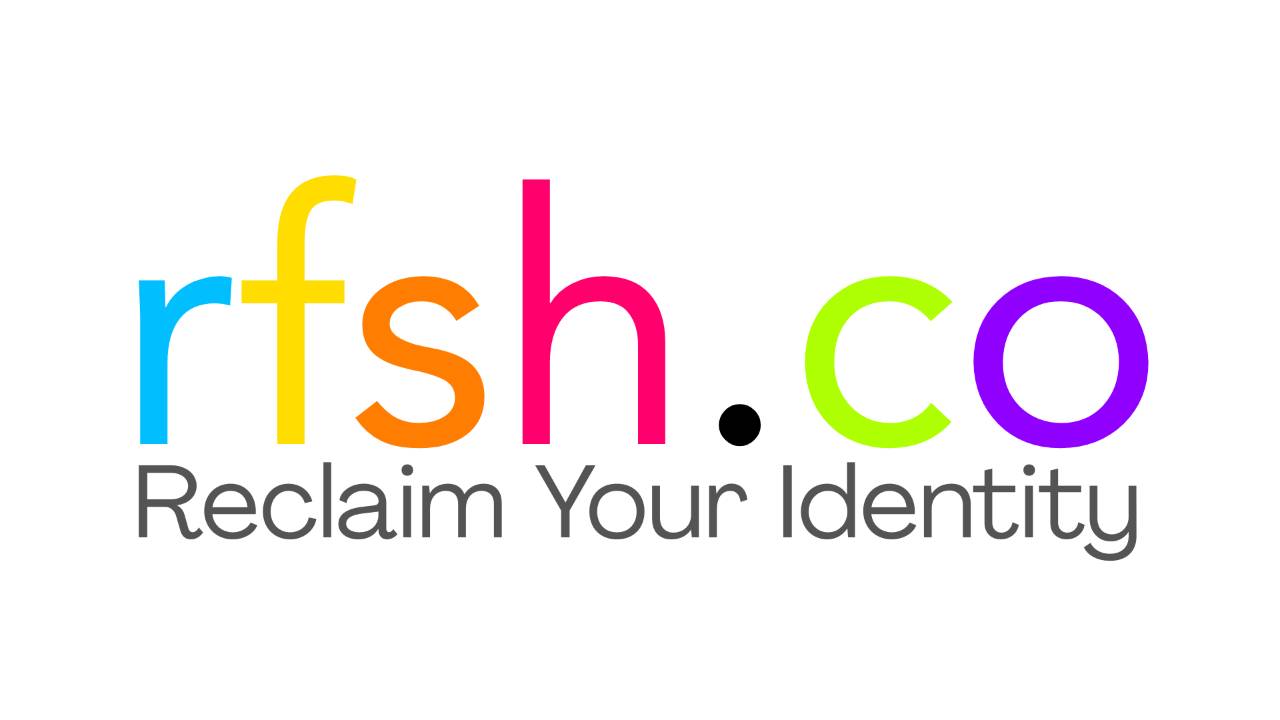17. Getting Legal and Compliance Right for Your Side Hustle
Starting a side hustle can be an exciting step toward personal fulfillment and financial growth. But before diving in, it’s essential to consider the legal and compliance aspects of your new venture. While legalities might seem intimidating, overlooking them can result in fines, penalties, or operational interruptions.
Whether it’s understanding business registration requirements, navigating tax obligations, or securing the right permits, taking a few simple steps at the start can save you from complications later. In this article, we’ll cover key legal considerations for side hustlers and provide actionable steps to help you operate with confidence and compliance.
1. Determine Whether You Need to Register Your Business
One of the first questions side hustlers face is whether they need to officially register their business. Business registration requirements vary depending on the type of business, location, and business structure you choose, so it’s important to consider these factors from the beginning.
Types of Business Structures:
- Sole Proprietorship: Many side hustles start as sole proprietorships, which is the simplest business structure and typically doesn’t require formal registration. However, you’ll still need to report any earnings as part of your personal income tax.
- Limited Liability Company (LLC): An LLC can provide personal liability protection, meaning your personal assets are separated from business liabilities. This structure is a popular choice for small businesses but requires formal registration with your state and usually has a filing fee.
- Corporation: Corporations provide the most protection and benefits but also come with more regulations and higher costs. For most side hustles, this structure isn’t necessary.
Considerations for Business Registration:
- Check Local and State Requirements: Each state has different rules for business registration. Some states require registration for all business activities, while others only require it if you’re using a specific business name.
- Register a DBA (Doing Business As): If you’re using a business name different from your legal name, you may need to file for a DBA. This process is usually simple and relatively inexpensive but is required in most areas.
Knowing the best structure for your side hustle and understanding local requirements can help you start on the right foot and avoid complications down the line.
2. Understand Your Tax Obligations
Taxes are an essential aspect of running a side hustle, and it’s crucial to understand the types of taxes you may owe and when to file. Neglecting tax obligations can result in penalties or back taxes, which can be costly and stressful.
Key Tax Considerations for Side Hustles:
- Self-Employment Tax: If your side hustle generates income, you’ll likely need to pay self-employment tax, which covers Social Security and Medicare. This is required if you earn more than a specific amount from self-employment (typically $400 or more).
- Estimated Quarterly Taxes: If you’re earning enough from your side hustle, the IRS expects you to pay taxes quarterly. This is important if your side hustle income is substantial and isn’t covered by tax withholdings from your full-time job.
- Deductible Business Expenses: On the positive side, you may be eligible to deduct certain business expenses, such as equipment, software, or office supplies. Keeping accurate records of these expenses can lower your taxable income and reduce the amount you owe.
Tips for Staying on Top of Taxes:
- Use Accounting Software: Tools like QuickBooks or Wave can help you track income, expenses, and calculate quarterly tax payments.
- Open a Separate Bank Account: This helps keep your personal and business expenses separate, making it easier to track your finances and identify deductions.
- Consider Professional Help: Consulting with a tax professional can help you understand which deductions apply to you and ensure you’re filing correctly.
By planning for taxes and keeping good records, you’ll avoid surprises and stay compliant.
3. Check if You Need Permits or Licenses
Depending on your industry, you may need certain permits or licenses to legally operate your side hustle. Requirements vary by location and type of business, so it’s worth doing some research early on.
Common Permits for Side Hustles:
- Home-Based Business Permit: If you’re operating your business from home, some local governments require a permit for home-based businesses, especially if clients visit your home or if you have physical inventory.
- Professional Licenses: Certain professions, like real estate, cosmetology, or financial advising, require professional licenses. Make sure you meet any licensing requirements specific to your industry.
- Health and Safety Permits: If your side hustle involves food preparation, personal care services, or any business that could impact public health, you may need specific health permits or inspections.
How to Check Permit Requirements:
- Visit Your City or County Website: Most local governments have a business section on their website where you can find information on permits and licenses for different business types.
- Use Online Resources: Websites like SBA.gov (U.S. Small Business Administration) offer comprehensive information on permits and licenses for various industries.
Operating with the required permits helps you avoid fines and ensures that you’re providing a safe, legal service to your customers.
4. Understand Intellectual Property Rights
If your side hustle involves creating content, products, or services that are unique to you, it’s important to understand intellectual property (IP) rights to protect your work and avoid infringing on others’ rights.
Types of Intellectual Property to Consider:
- Copyright: Copyright protects original works like written content, music, art, or software. You automatically own the copyright to your creations, but registering it can provide additional legal protections.
- Trademark: A trademark protects brand elements, such as your business name or logo. If your side hustle has a unique brand identity, consider registering a trademark to prevent others from using it.
- Patent: Patents protect inventions or new products. If your side hustle involves developing a unique product or technology, a patent may be worth exploring.
Tips for Protecting Intellectual Property:
- Conduct an IP Search: Before naming your business or developing branded materials, check for existing trademarks to avoid infringement.
- Register Important IP: If your business relies on unique creations or branding, registration provides legal backing to protect your work.
- Use Contracts for Collaborations: If you’re working with partners or contractors, use contracts that outline IP ownership and prevent misunderstandings.
Understanding IP rights can help protect your side hustle from legal challenges and support your business’s growth.
5. Get Business Insurance (If Needed)
Business insurance isn’t always necessary for side hustles, but certain types of businesses can benefit from insurance to cover liabilities. Whether or not insurance is essential depends on the nature of your business, level of interaction with customers, and potential risks involved.
Types of Insurance to Consider:
- Liability Insurance: Liability insurance protects you in case a customer or client sues for damages or injuries. This is especially useful if your side hustle involves face-to-face services or physical products.
- Home-Based Business Insurance: If you run your business from home, check if your homeowner’s insurance covers business activities. Some policies do not cover business-related incidents, so it’s worth reviewing.
- Professional Liability Insurance: Certain service-based businesses may benefit from professional liability insurance, which covers claims of negligence or errors in your work.
Deciding if Insurance is Necessary:
- Assess Your Risk: Consider whether your side hustle could lead to financial loss if a problem occurs.
- Compare Costs and Coverage: Many insurers offer affordable policies for small businesses. Shop around to find coverage that fits your needs.
Insurance can provide peace of mind, especially for side hustles with higher risk.
6. Seek Professional Advice When Needed
Legal and compliance requirements can be complex, especially if your side hustle has unique aspects or operates in a regulated industry. If you’re unsure about any aspect of business compliance, seeking professional advice is often worth the investment.
Situations to Consider Professional Help:
- Complex Tax Questions: A tax professional can help you navigate deductions, quarterly payments, and compliance with IRS rules.
- Permits and Licensing: If you’re unsure about the permits required, consult local resources or a business advisor to clarify what’s needed.
- Intellectual Property Concerns: IP lawyers or advisors can help protect your business’s branding and creative works.
While it may add to startup costs, professional guidance can prevent costly mistakes and set you up for success.
Wrapping Up: Start Compliant, Stay Compliant
Legal compliance may feel daunting, but by addressing these aspects early, you set your side hustle up for smoother growth and fewer headaches down the line. From business registration to taxes, permits, and IP, taking a proactive approach helps you avoid potential penalties and operate confidently.
Getting started with legal compliance isn’t just about avoiding problems—it’s about building a business foundation you can rely on. And with the right preparation, your side hustle will be equipped to grow sustainably and safely.
Other Articles In This Series
1. Managing Time to Avoid Burnout: A Guide for Side Hustlers
2. Getting Started with Low-Cost Side Hustles: A Guide to Smart Financial Investments
3. Navigating Side Hustles and Full-Time Jobs: How to Avoid Conflicts with Your Employer
4. Getting Legal and Compliance Right for Your Side Hustle (this article)
5. Managing Financial Instability in Your Side Hustle
6. Managing Reputation Risk in Your Side Hustle
7. Balancing Your Side Hustle with Personal Relationships
8. Navigating Intellectual Property and Ownership Conflicts in Your Side Hustle
9. Managing Expectations: Building a Side Hustle with Patience and Realistic Goals
10. Finding the Right Market Fit: How to Ensure Demand for Your Side Hustle






Responses